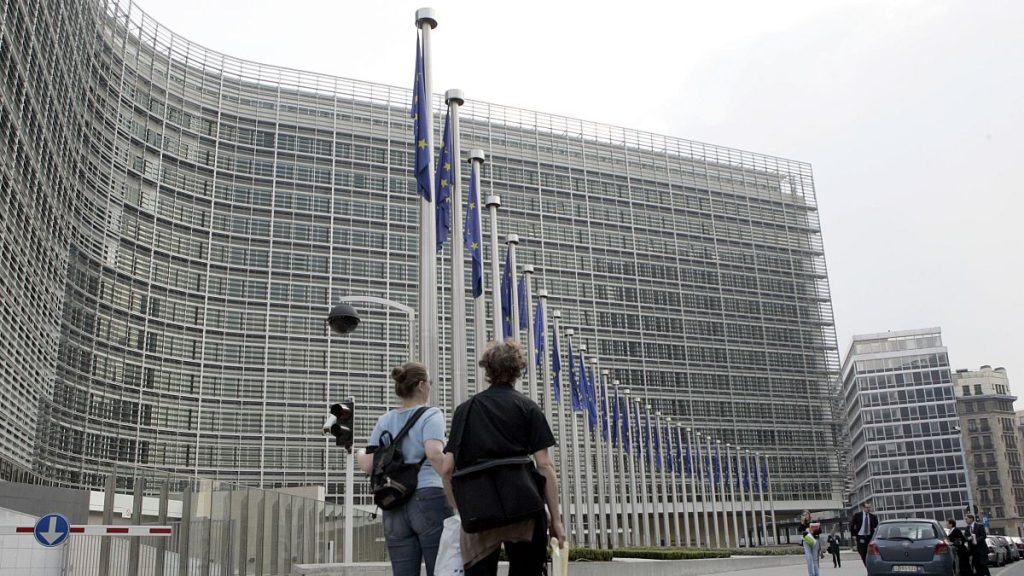China-EU trade relations are becoming increasingly strained, with the Asian giant challenging the bloc to safeguard its interests. One prominent example of this tension is the lawsuit filed by Chinese security equipment manufacturer Nuctech against the European Commission over raids on its offices in the Netherlands and Poland. Nuctech denies receiving foreign subsidies that distort competition in the single market, leading to the company appealing to the General Court of the EU to suspend the inspection and avoid potential harm to their operations. The EU’s use of new powers under the Foreign Subsidies Regulation (FSR) in April further escalated tensions, with Chinese commerce minister Wang Wentao warning that China will take all measures to safeguard the rights and interests of Chinese enterprises.
The European Commission has acknowledged Nuctech’s appeal, emphasizing its commitment to defending its decisions in court, although a ruling could take several years. The use of the FSR, which aims to ensure a level playing field for all companies operating in the single market, signals a shift towards more stringent enforcement of trade rules between the EU and China. This comes amid a broader trend of trade protectionist measures being implemented by both parties, with the possibility of China-EU trade frictions escalating to a dangerous degree. The increasing likelihood of such scenarios has raised concerns among business representatives and industry groups, pointing to a potential deterioration in trade relations if disagreements are not resolved.
Chinese commerce minister Wang Wentao’s recent visits to Spain and Portugal underscore China’s determination to protect its interests in the face of perceived trade barriers imposed by the EU. Wentao’s statements indicating China’s readiness to safeguard the legitimate rights of Chinese enterprises highlight a growing sense of assertiveness in China’s approach to trade disputes with the EU. The upcoming announcement of provisional tariffs on Chinese electric vehicles after the EU elections is expected to further exacerbate tensions, leading industry groups to express concerns about the potential for China-EU trade frictions to spiral out of control.
The legal battle between Nuctech and the European Commission reflects a broader struggle for trade dominance between China and the EU, with both parties seeking to protect their economic interests and ensure a level playing field for their businesses. The deployment of new powers under the FSR by the EU signals a more aggressive stance towards enforcing trade rules, particularly in relation to alleged foreign subsidies distorting competition in the single market. This heightened scrutiny has fueled fears of escalating trade tensions between China and the EU, prompting warnings from industry groups about the potential for disputes to spiral out of control and pose risks to global trade stability.
The complexity and contentious nature of China-EU trade relations underscore the challenges facing both parties as they navigate competing economic interests and regulatory frameworks. The legal dispute between Nuctech and the European Commission represents just one example of the tensions and disagreements that can arise in this dynamic relationship. As both China and the EU assert their positions and seek to protect their businesses from perceived unfair trade practices, the future of their trade relations remains uncertain. The upcoming decisions on provisional tariffs and further enforcement of trade rules will likely shape the trajectory of China-EU trade relations in the coming years, with implications for global trade stability and economic cooperation between the two economic powerhouses.
Overall, the evolving nature of China-EU trade relations reflects a broader trend of increasing trade tensions and disputes between major global economies. The legal challenges and warnings from industry groups highlight the complexity of managing trade relations in an increasingly interconnected and competitive global marketplace. As China and the EU navigate their differences and seek to protect their economic interests, the potential for further escalation of trade frictions remains a key concern for industry stakeholders and policymakers. Resolving these disputes and finding common ground on trade issues will be essential to maintaining stable and productive economic relations between China and the EU, for the benefit of both parties and the global economy as a whole.













